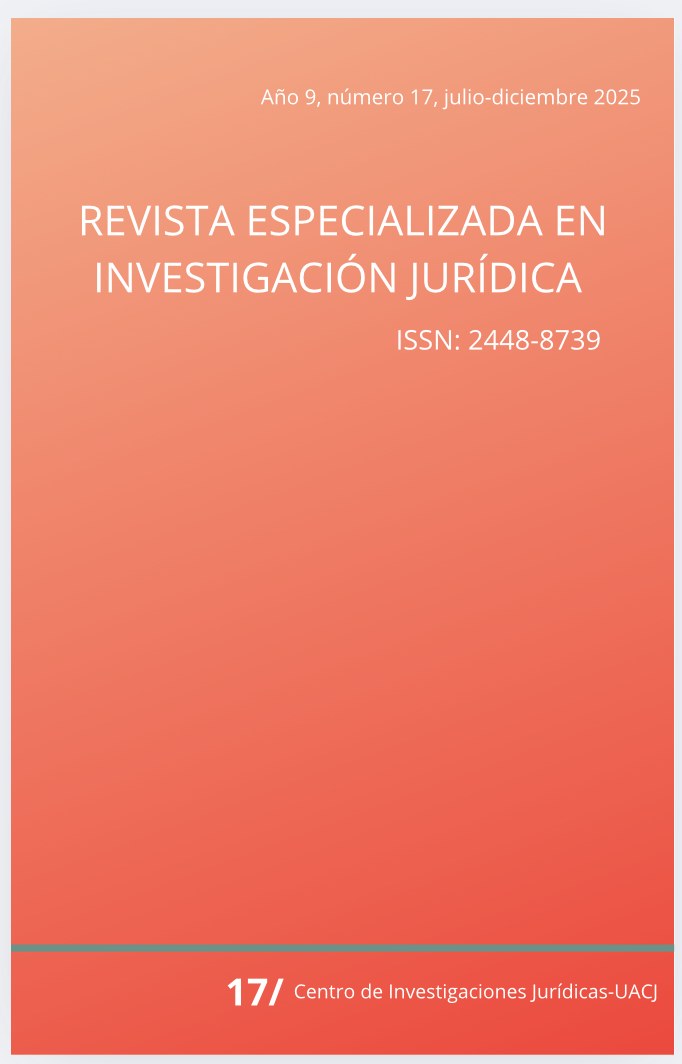Popular election of judges: Analysis of Judicial Reform in Mexico
The Judicial Reform published on September 15, 2024 substantially changes how judges are elected in Mexico, since now judges will be elected through popular vote. The election of judges is very controversial among a large part of society and the Mexican political opposition due to the significant in...
שמור ב:
| מחבר ראשי: | |
|---|---|
| פורמט: | Artículo de investigación |
| שפה: | spa |
| יצא לאור: |
Instituto de Ciencias Sociales y Administración
2025
|
| נושאים: | |
| גישה מקוונת: | http://erevistas.uacj.mx/ojs/index.php/reij/article/view/6915 |
| תגים: |
הוספת תג
אין תגיות, היה/י הראשונ/ה לתייג את הרשומה!
|
| סיכום: | The Judicial Reform published on September 15, 2024 substantially changes how judges are elected in Mexico, since now judges will be elected through popular vote. The election of judges is very controversial among a large part of society and the Mexican political opposition due to the significant intervention of the government in the election, as well as the possible loss of expertise of judges. By using a dogmatic methodology based on the doctrinal contributions of various jurists who have carried out analyses regarding the separation of powers, jurisdictional autonomy, the democratic legitimacy of judges, and their popular election, it is argued that the changes should not be conceptually controversial, since the direct participation of citizens in the election of judges generally guarantees jurisdictional autonomy. However, it is concluded that with the Judicial Reform, doubts remain regarding its execution. Also, there is uncertainty due to the government’s intervention in the election of judges and the lack of requirements to aspire to a jurisdictional position. Consequently, some proposals are presented to address the questions arising from the Judicial Reform, for example, maintaining the popular election only for the positions of judges of the National Supreme Court of Justice, magistrates of the ... |
|---|---|
| ISSN: | 2448-8739 |
